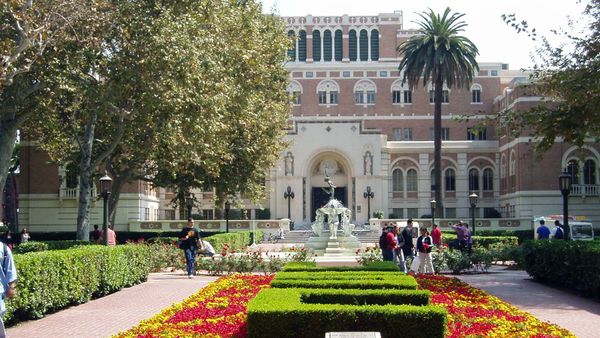When referring to student loans, the term "refinance" literally means to get a new loan from a private lender to pay off your existing student loans. Those student loans can be federal student loans, private student loans or a combination of both. As a general rule, all student loans are eligible for refinancing, though it's be up to the private lender's discretion if they want to refinance all of them. If you have only federal student loans, the correct term is actually consolidate. The U.S. Department of Education does not refinance federal student loans.
You might want to refinance your student loans for several reasons including:
- combining loans to have one monthly payment
- lowering your current interest rate
- reducing your monthly payment
- paying off your loans faster
But before deciding whether refinancing student loans is a good idea, you need to understand the difference between federal and private student loans, because the two types of loans are very different.
Federal student loans are those issued by the U.S. government through the Department of Education. For students, direct subsidized loans are not based on credit scores or income. Instead they're based on financial need and whether you're enrolled in school (at least half-time), although there are limits to the amount you can borrow. Unsubsidized federal loans are not based on financial need, however, schools still determine still how much you can borrow. If you're a parent borrowing for your child, these loans are called direct PLUS loans, and good credit is required to qualify.
Federal student loans usually have decent fixed interest rates. (In 2020, it is between 4.53 and 7.08 percent, depending on the type of loan.)
Federal student loans give you plenty of time to pay them back, and you're not required to make payments while you're in school at least part-time, or during the grace period after you leave school (even if you didn't get a diploma). Federal loans also come with options for deferment and forbearance — a temporary break from payments — if you fall into financial difficulty.
However, even during times of nonpayment, interest accrues on all unsubsidized federal student loans, and it accrues on subsidized loans during some of those times, such as when loans are in forbearance. And that interest can really add up.
"You look up five or 10 years down the road, and you see the debt has snowballed," says Barry S. Coleman, vice president of counseling and education programs for the National Foundation for Credit Counseling. "[Borrowers] can't believe how much that debt has grown."
Private student loans are a bit easier to understand. They come from a private lender, like a bank or credit union, have a variable or fixed interest rate, and have payment terms determined by the lender that you, the borrower, agree to. Many private student loans allow for in-school deferment, but they accrue interest. All of the time.
Unlike the Department of Education, a private lender will take your credit history and your income into consideration. Student might need a co-signer to get a private student loan. However, out-of-school borrowers seeking a private loan to refinance existing student loans can often apply on their own.
Whether you racked up thousands in federal student loans, private student loans or both, after graduation, it's time to figure out how to pay them off. Some borrowers turn to refinancing.

